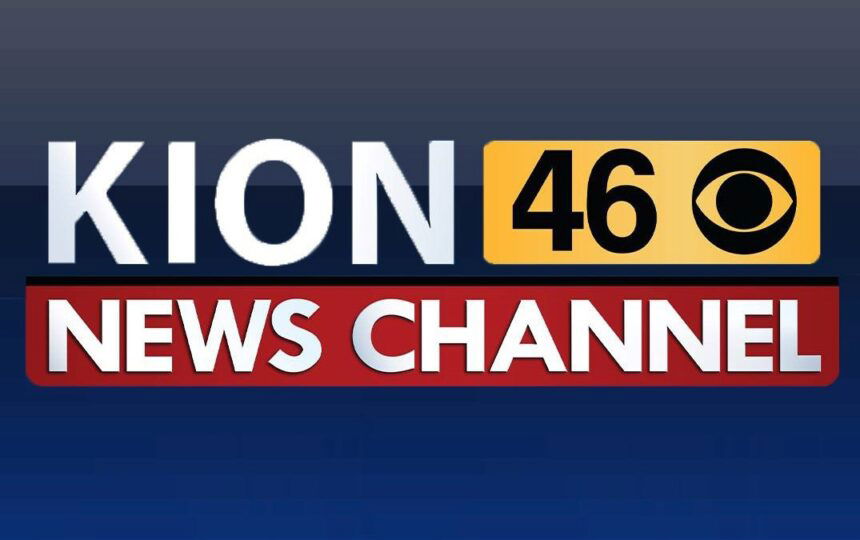A legislative committee recently recommended HB300, Amendments to Election Law, to the full Utah House of Representatives. HB300 seeks to require voters to cast their ballot in person while showing valid ID, instead of mailing in their ballot. Only if voters abided by new rules and repetitive restrictions created by the legislation could they continue to mail in their ballot. Because it lacks sufficient evidence to justify the proposed changes and therefore undermines the constitutional role of elections, HB300 should be amended before becoming law.
Voting by mail is a long-established practice in Utah, having been a voluntary option for all Utah voters for decades. Between 2022 and 2024, returning a ballot by mail was the preferred voting method for between one-third and one-half of Utah voters. The spread of vote by mail in Utah has expanded the base of regular Utah voters, which has strengthened the constitutional role of elections as laid out by the framers of the U.S. Constitution.
In Federalist 10, James Madison wrote that our Constitution is designed to protect against dominance by those whose interests are against “the permanent and aggregate interests of the community.” It accomplishes this goal, in part, by forcing government to represent “a greater variety of parties and interests.”
Narrowing the number and variety of interests reflected in the voting base by discouraging the voting method used by many Utah voters goes against this constitutional principle. It might be justified if there were compelling evidence that it was necessary; however, the evidence points in the opposite direction.
First, a Sutherland Institute-Y2 Analytics poll recently reported very high levels of public confidence in Utah elections: 83% of Utah voters believe their ballot was counted accurately, and 87% believe ballots in Utah generally were counted accurately in 2024. There is no crisis of confidence in Utah elections that might justify broad changes to vote by mail in Utah.
Second, the evidence suggests that Utah’s security measures are successfully preventing voter fraud that would otherwise be another reason for significant reform. A recent legislative audit found nearly 700 names on the 2023 active voter list that created the potential for fraud because they were likely deceased. Only two of these were found to have cast a ballot that year. Even those could have been valid votes, as a former county clerk Amelia Powers Gardner pointed out during a Sutherland election policy event. In one election she oversaw, there was a voter who cast their ballot and then, after legally voting, died before Election Day.
Third, the evidence suggests that Utah’s election security is improving. At the Sutherland event, a sitting county clerk noted that legislative audits show that the number of problems in Utah elections went from 40 in the 2023 general election, to 34 in the 2024 presidential primary, to 27 in the 2024 primary election, to 2 in the 2024 general election. There is no compelling evidence suggesting that mail-in voting in Utah is circumventing security measures and risking election integrity in the state.
There is evidence that voter rolls could be better maintained and that some ballots in 2024 got caught up in normal postal service processes. But how difficult it is to mail in a ballot has nothing to do with these problems. Making it harder to submit a ballot by mail sidesteps these problems — leaving them in place — rather than addressing them.
In the end, the greatest security for a ballot is found not in the government, but in the voter. If voters believe that mailing in their ballot is a secure way to vote, the evidence suggests that there’s no compelling reason for the government to regulate that decision. Rather, the data suggests the government should stay out of voters’ way.
The evidence does point to ways policymakers could implement improvements to Utah elections. The Sutherland-Y2 Analytics survey, for instance, found that photo ID requirements for mail-in voting boosts overall voter confidence and that mandating in-person voting decreases voter confidence.
Splitting this difference could take various forms. Voters could be required to include their driver’s license or state ID number along with their signature when mailing in a ballot to strengthen ID provisions. Additionally, voters could be required to renew their voter registration once every 10 years, like renewing a driver’s license — effectively refreshing voter rolls each decade. Additionally, the negative experience in Utah County promoting in-person voting — contrasted with Utah’s relatively seamless rollout of vote by mail between 2014 and 2020 — points to the effectiveness of gradually implementing election reforms over multiple election cycles.
A true Utah vision for election policy values both protection of election integrity and strengthening the constitutional role of elections by making voting convenient. As lawmakers consider proposed election reforms, they would do well to conform legislation to the best evidence and to constitutional principles. Going beyond that puts at risk the integrity and security of Utah elections that reform ought to promote.















